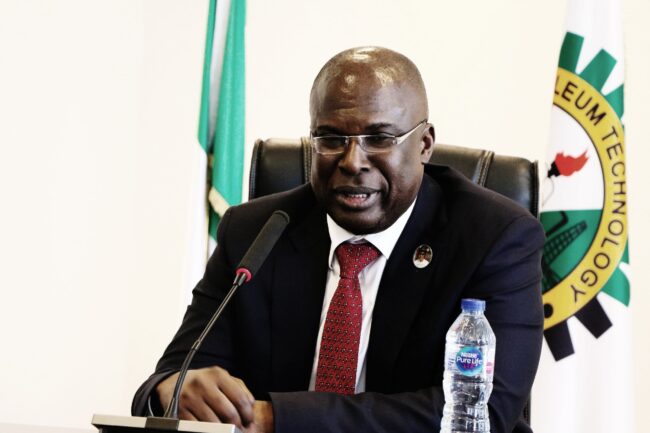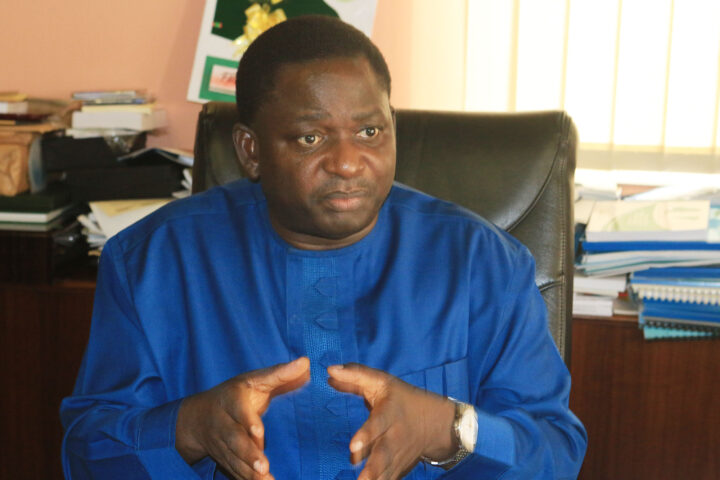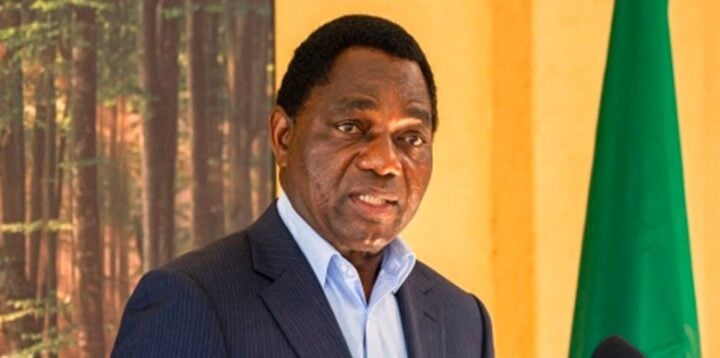There are 81 countries in the world considering a Central Bank Digital Currency (CBDC), but only five of them have launched their CBDC. Of those five, four of them were designed and executed by Bitt Inc., the fintech company recently named as technical partner for the launch of digital naira.
On Monday, August 30, 2021, the Central Bank of Nigeria (CBN) announced that it had engaged Bitt Inc. as its technical partner for the launch of Nigeria’s digital currency. According to the apex bank, Bitt was selected because of its leadership position and proven technical competencies in the industry.
“Bitt Inc. was key to the development and successful launch of the central bank digital currency (CBDC) pilot of the Eastern Caribbean Central Bank (ECCB) in April 2021,” the CBN said.
TheCable understands that Bitt was chosen through a vendor selection process in line with the public procurement act conducted by seven departmental directors and a deputy governor of the CBN.
Advertisement
The 10 companies evaluated were said to have been graded based on technology ownership and control, implementation timeline, ease of Adoption, platform security, interoperability, and implementation experience.
TheCable takes a closer look at the company and its role in the evolution of digital currencies in the world.
Born in 2013, valued at over $50m
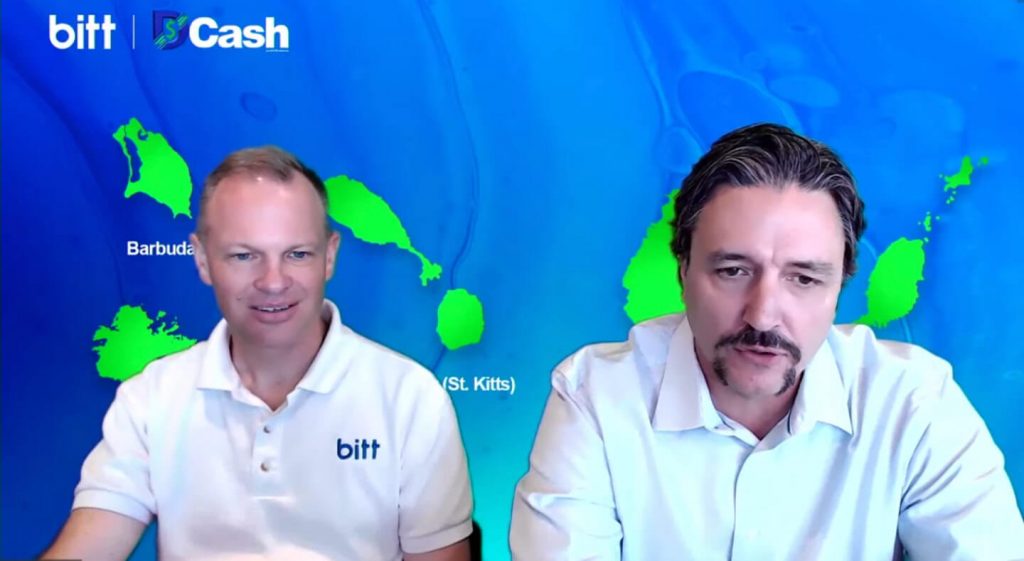
Bitt Inc. was founded in 2013 by Gabriel Abed and Oliver Gale, leading minds in the blockchain industry globally. The company was set up to provide infrastructure to support a digital financial ecosystem throughout the Caribbean.
Advertisement
Following its creation, the fintech company got its first major funding from an angel investor in 2014. In 2016, it concluded its Series A funding, where it closed a staggered investment of $16 million from American retail company, Overstock.
“Bitt, the Barbados based financial technology company has closed its Series A investment round with a staggered investment from retail giant Overstock.com of $16 million USD, placing the company’s valuation at $50 million US Dollars,” Bitt said at the time.
In October 2020, the Medici Ventures, a subsidiary of $3 billion worth Overstock, invested $8 million into the company and gained controlling stake in the Barbados-based fintech.
Overstock (Nasdaq: OSTK), which now has majority stake in the company, is a 22-year-old publicly traded company with over $200M invested in blockchain technology related businesses.
Advertisement
Run by IMF, World Bank recognised thought leaders
In the beginning, thought leaders in the blockchain industry ran the company. They were also recognised by the World Bank, IMF, World Economic Forum and many other respected international organisations.
According to the World Economic Forum, Gabriel Abed, one of its early investors, is widely recognised as a leading authority on Central Bank digital currencies, math-based protocols and blockchain technology globally, and is the first entrepreneur to establish blockchain companies in the Caribbean from as early as 2010.
Abed has led presentations and engaged in discussions with theInternational Monetary Fund, the World Bank, the United Nations, the Commonwealth Secretariat. In April 2018, he was appointed as the special technology advisor to the David Burt, the premier of Bermuda.
In 2017, Bitt appointed Marla Dukharan, a leading Carribean policy advisor, as its chief economist. In 2019, Dukharan was invited by the IMF to speak at a workshop on the company’s strides in CBDC and why other countries should adopt digital currencies.
Advertisement
Launched the world’s first CBDC Hub
After Dukharan’s appointment, Bitt immediately recognised a challenge and opportunity: while speaking to investors and central bankers across the Carribean and beyond, a common question rings through: “Where can we get more information about CBDCs?”
Advertisement
To address this, Bitt created the world’s first CBDC hub, where it curates all sorts of veriafiable information from leading research and financial institutions across the world.
Explaining the drive, Rawdon Adams, Bitt former CEO, said: “We have created the CBDC Hub to be a one-stop-repository of key documents where all relevant information on CBDCs from across the globe can be consulted.”
Advertisement
CBDC policy documents from the IMF, World Bank, SWIFT, BIS, Bank of England and a host of other sources are found on this hub. The hub has since become a resource centre for many central banks across the world.
Bitt beats China to the currency game
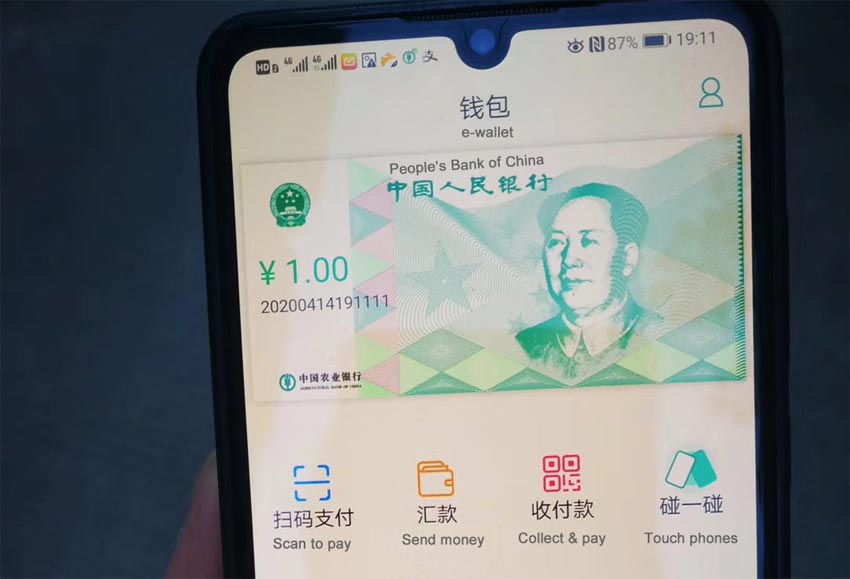
China is generally known as a world leader when it comes to money. About 1,000 years ago, when the whole world transacted money in coins, China took a step into the future, launching the world’s first paper currency. According to the Guuiness World Records, the first known examples of paper currency were created in China during the Song Dynasty (AD 960–1279). They were known as “Jiaozi”.
Advertisement
In cryptocurrency, China also holds a primary position. As of 2019, China was responsible for mining over 75 percent of global bitcoin. That number has since dropped to 46 percent as China sought to create its own CBDC, but the country still has more than double the mining power of the US, which mines nearly 17 percent.
However, when it comes to the CBDC currency game, China was beaten to the market. According to the IMF, the world’s first CBDC was launched by the Bahamas in 2020. It is known as the sand dollar. After the sand dollar, the next CBDC to go live was DCash launched in partnership with Bitt.
While China is making progress as the world’s first major economy to launch a CBDC, it is now behind these two currencies in the Carribean.
Launched the world’s first and only cross-border CBDC
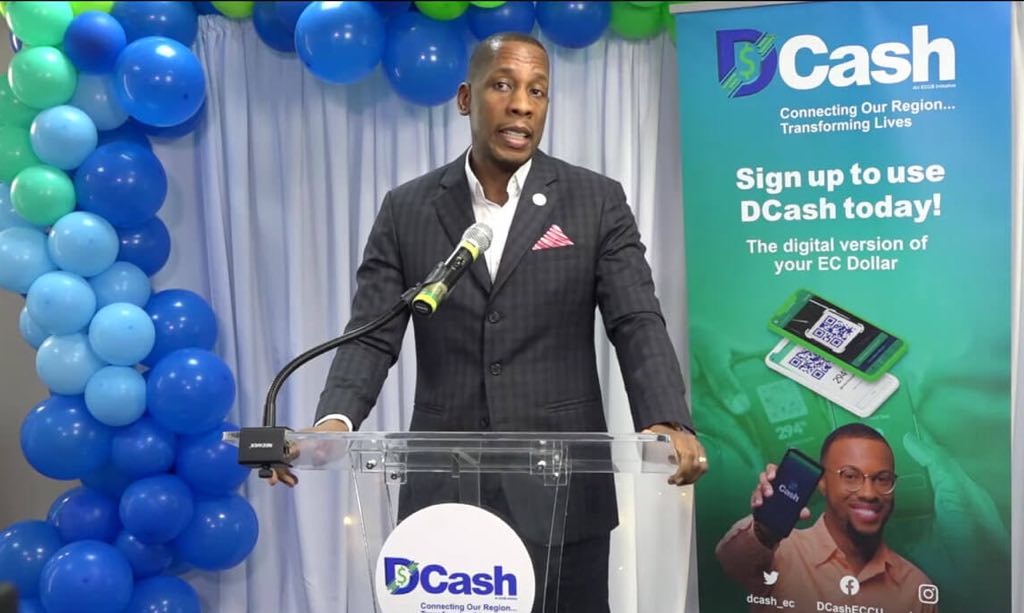
The Atlantic Council which tracks CBDC across the world says 81 countries are currently in the race to launch their own CBDCs, but only five countries have gone live for retail use. They are: Bahamas, St Kitts and Nevis, Antigua and Barbuda, St. Lucia and Grenada.
The countries use sand dollar and DCash as their own CBDCs. John Rolle, governor of the Central Bank of the Bahamas, told Bloomberg that his country’s CBDC is for domestic use only.
This is where Bitt’s Dcash shines, it is cross-border. Launching just a few weeks after the sand dollar, DCash is now legal tender in St Kitts and Nevis, Antigua and Barbuda, St. Lucia and Grenada, making it the world’s first and only cross-border CBDC till date.
Nigeria and Belize are Bitt’s latest client. In the next few months, the company would be helping to execute the first CBDC to go live in Africa and Central America.
Add a comment


